Friday 22nd October saw the launch of The Froebel Partnership. 200+ visitors all gathered at Guildford Nursery School and Family Centre. There was the opportunity to see and try out a variety of Froebelian occupations such as woodwork, sewing and gardening, with the most important guests – the children – showing us how it is done! It was wonderful to see well-renowned, respected Froebelians, alongside people who wanted to know more about Froebel and those who had never heard of him, all together enjoying a coffee, chatting and learning. We then had the privilege of listening to three most eminent Froebelians: Tina Bruce, Sacha Powell and Helen Tovey.
The Froebel Partnership is one of two Froebel Trust funded Hub and Spoke programmes.
The Froebel Partnership is made up of three partner organisations:
- Guildford Nursery School and Family Centre led by Sally Cave.
- The Centre for Research in Early Childhood (CREC) led by Chris Pascal.
- Ama Associates and the Seven Stars Kindergarten in New Zealand led by Anne Denham.
Over the next three years, The Froebel Partnership will work in collaboration with schools and settings across England, the European Early Childhood Education Research Association, early learning organisations including Kindergarten Associations across New Zealand and the New Zealand Ministry of Education.
The whole team have seen first-hand the positive affect of applying Froebelian pedagogy to early learning settings, as Sally Cave commented “Has there ever been a time when Froebel’s principles have mattered more? His principles and pedagogy can guide us all as we build together a more equitable early childhood education for our young children, their families and staff.”
Friedrich Froebel was the inventor of kindergartens and a pioneer of early childhood education and care. Froebel’s work and writing changed the way we think about and value early childhood.
Although Froebel’s ideas were considered revolutionary in the 1850’s, the principles of his work have since become part of modern, mainstream early years educational practice.
A Froebelian approach recognises the uniqueness of each child’s capacity and potential; takes a holistic view of each child’s development and an ecological view of mankind in the natural world. Our approach to learning encourages children to become problem solvers, decision-makers and to be independent though play. Froebelian educators respect children for who they are and value them for their efforts. Helping children to reflect is a key feature of a Froebelian education.
Over the next three years we will be exemplifying, documenting, and disseminating the benefits and impact of a Froebelian approach, we are thrilled to have this opportunity and hope that everyone involved with the Partnership will see, hear, and feel the benefits too.



